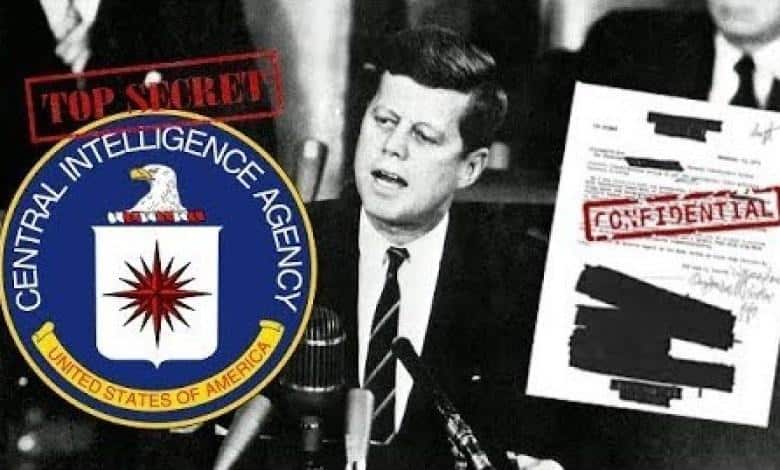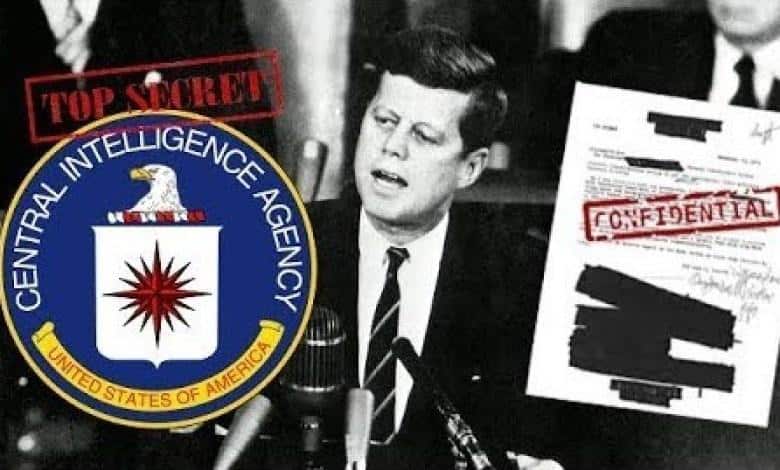US officials have long criticized Japan for its supposedly unprovoked military attack on Pearl Harbor, which enabled President Roosevelt to fulfill his desire to intervene into World War II. As I showed in my blog post yesterday, the Japanese attack was hardly unprovoked, given Roosevelt’s actions that were designed to provoke Japan into “firing the first shot,” which would enable Roosevelt to exclaim: We’ve been attacked! We are shocked! This is a day that will live in infamy! Now give me my declaration of war so that I can enter World War II.
Given the outrage over what the court historians and the US mainstream press have long maintained was an unprovoked attack by Japan on the United States, why have these same court historians and mainstream media outlets given a pass to the US government for initiating an unprovoked attack on Cuba at the Bay of Pigs in 1961?
Oh sure, there have been countless books and articles written about how the attack turned out to be a debacle for the US government, specifically the CIA, one of the three main elements of the national-security branch of the federal government. But they never go after the CIA and the rest of the US government for doing what Japan supposedly did — initiate an unprovoked attack on an independent country.
The US national-security establishment has long maintained that it had the “right” to initiate its attack on Cuba because Cuba had established a communist government and a socialist system.
But since when does a disagreement with a country’s political and economic systems justify an unprovoked attack on that country? If Japan had attacked Pearl Harbor because of America’s New Deal system, which was characterized by both socialism and economic fascism, would that have made the attack justifiable? Does the US government today have the “right” to attack Vietnam, China, North Korea, and, yes, Cuba because they have communist and socialist systems? Indeed, do communist regimes have the “right” to attack the United States because the US has a “capitalist” system, or does the principle work only one way?
The CIA and its acolytes in the mainstream press have always maintained that Castro’s Cuba posed a grave threat to US “national security” and, therefore, that their unprovoked attack was justified.
Really? How exactly was “national security” threatened by a communist regime and a socialist system in Cuba, no matter what definition is given to that nebulous and meaningless term? Was a communist regime and a socialist system in Cuba going to somehow cause the East Coast to fall into the ocean? Was the Cuban army somehow going to invade Florida, without a navy, and work its way up the East Coast and conquer Washington, D.C., and take control over the United States? Or was the danger that socialist ideas would seep into the minds of US officials, the American people, and the mainstream press, inciting them to expand existing socialist programs, such as Social Security, public schooling, a central bank, progressive income taxation, and welfare, or adopt new socialist programs, such as Medicare and Medicaid?
And while we are on the subject of unprovoked attacks, it’s worth asking how the US government justified its repeated attempts to assassinate Cuban leader Fidel Castro. Even Lyndon Johnson referred to the CIA’s assassination program as “Murder, Inc.,” which is precisely what it was, especially given the CIA’s assassination partnership with the Mafia, the world’s premier criminal organization specializing in drug dealing, racketeering, and murder.
Why can’t the court historians and the mainstream press just accept the truth: The US government initiated an unprovoked attack on Cuba in 1961 that was no different in principle from Japan’s supposed unprovoked attack on the United States in 1941? The real reason for the unprovoked attack on Cuba was that US national-security state officials were furious that the Cuban revolution had succeeded in ousting from power the pro-US Cuban leader Fulgencio Batista, who was one of the most brutal, crooked, and corrupt dictators in the world. US officials were even more furious that Castro, unlike Batista, wished to establish a truly independent nation, one whose government refused to take orders from US officials, especially those in the Pentagon and the CIA. It was that desire for Cuban independence that motivated the US national-security state to do the same thing that Japan had supposedly done some 20 years earlier — initiate an unprovoked attack on another nation.
Reprinted with permission from Future of Freedom Foundation.


